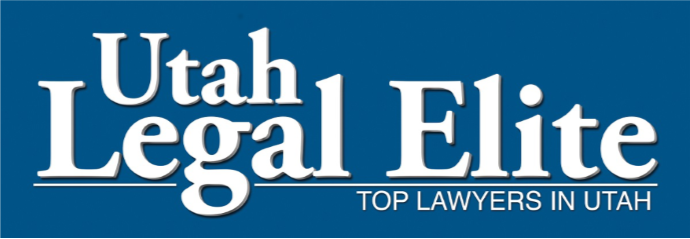The Work-product Doctrine: Application Generally
February, 2016
Introduction
The work-product doctrine provides an attorney a certain level of autonomy regarding mental impressions, conclusions, opinions, and legal theories surrounding a case. This article discusses the applicability of the work-product doctrine generally.
Utah Work-product Generally
The work-product doctrine is a judicially created doctrine now codified in Utah Rule of Civil Procedure 26(b)(5). The work-product doctrine protects documents that are prepared in anticipation of litigation or for trial by or for another party or by or for that other party’s representative. Utah R. Civ. P. 26(b)(5). Documents that convey the mental impressions, conclusions, opinions, or legal theories of an attorney or party are afforded heightened protection as “opinion work product.” Gold Standard v. American Barrick Resources Corp., 805 P.2d 164, 168 (Utah 1990). The party asserting work-product privilege has the burden of establishing its existence. See id. at 170.
The discovery procedures under the Utah Rules of Civil Procedure were substantially amended in 2011. Subsequent Utah decisions clarify that the amended language in Rule 26 maintains the same application as the former language in Rule 26. See Allred v. Saunders, 2014 UT 43, ¶¶ 15-19, 342 P.3d 204 When interpreting the work-product doctrine, Utah courts can continue to rely on both pre-2011 Utah case law and federal case law interpreting the federal rule. See Gold Standard, 805 P.2d at 167-68; Allred, 2014 UT 43 at ¶ 17.
However, the work-product doctrine is not absolute. Non-opinion work-product may be discoverable if the party seeking discovery can show a substantial need for the information and that it cannot be obtained without substantial hardship. Id. This represents the dual policy goals aimed at preserving the adversary system and providing attorneys with a zone of privacy permitting effective client advocacy. See Featherstone v. Schaerrer, 2001 UT 86, ¶ 9, 34 P.3d 194.
Application
For written materials to fall under the work-product privilege, three criteria must be met: (1) the materials must be documents and tangible things otherwise discoverable, (2) prepared in anticipation of litigation or for trial, (3) by or for another party or by or for that party’s representative. Gold Standard, 805 P.2d at 168. For a party to assert work-product protection, the party must show that the documents or materials were prepared in anticipation of litigation by or for a party or that party’s representative. See S. Utah Wilderness Alliance v. Automated Geographic Reference Ctr., 2008 UT 88, ¶ 29, 200 P.3d 643.
In Utah, “an inquiry to determine whether a document was prepared in anticipation of litigation should focus on the ‘primary motivating purpose behind the creation of the document.’” Gold Standard, 805 P.2d at 170. Utah law seems to preclude documents that were prepared in the ordinary course of business if the primary purpose of the document was not to assist in anticipated litigation. Id. at 171 (“If in connection with an accident or an event, a business entity in the ordinary course of business conducts an investigation for its own purposes, the resulting report is producible in civil pretrial discovery.”). However, this analysis does not categorically preclude documents that have the markings of business purpose.
Documents prepared in the “regular course of business” and “in anticipation of litigation” are not always mutually exclusive and dichotomous fields.
Many business decisions are made in anticipation of the inevitable litigation. The “because of” inquiry offers a more administrable standard, effectively resolving uncertainty at the margins in favor of work product protection. At the same time, protection is not unduly expanded if the document would not have been produced but for the anticipated suit. Evaluating the risks of litigation that a business plan will face is often integral to the plan and is in this sense generated in the course of business. There is no persuasive reason to deny work product protection because the document has these marks of business purpose, if it was prepared because of the anticipated litigation.
Moore’s Federal Practice, § 26.70(3)(a).
Thus, even documents that have the markings of business purpose may be protected by the work-product privilege as long as the primary purpose of the document was to assist in anticipated litigation.
Conclusion and Recommendations
The work-product doctrine, while not absolute, allows an attorney a certain level of autonomy regarding the mental impressions, conclusions, opinions, and legal theories surrounding a case. Not all documents relied upon by an attorney in forming their legal theories will be afforded an absolute privilege, however. It is therefore imperative that business entities and individuals involved in litigation discuss the work-product doctrine with their counsel.
The contents of this piece are not legal advice, and this piece does not create an attorney-client relationship. Brad Liddell can be contacted at 801-531-2000 or brad-liddell@rbmn.com. Or visit https://www.richardsbrandt.com/practice-areas/utah/litigation-attorneys/











The Work-product Doctrine: Application Generally
The Work-product Doctrine: Application to Documents Relied on and Prepared by Business Entities’ Internal Investigations